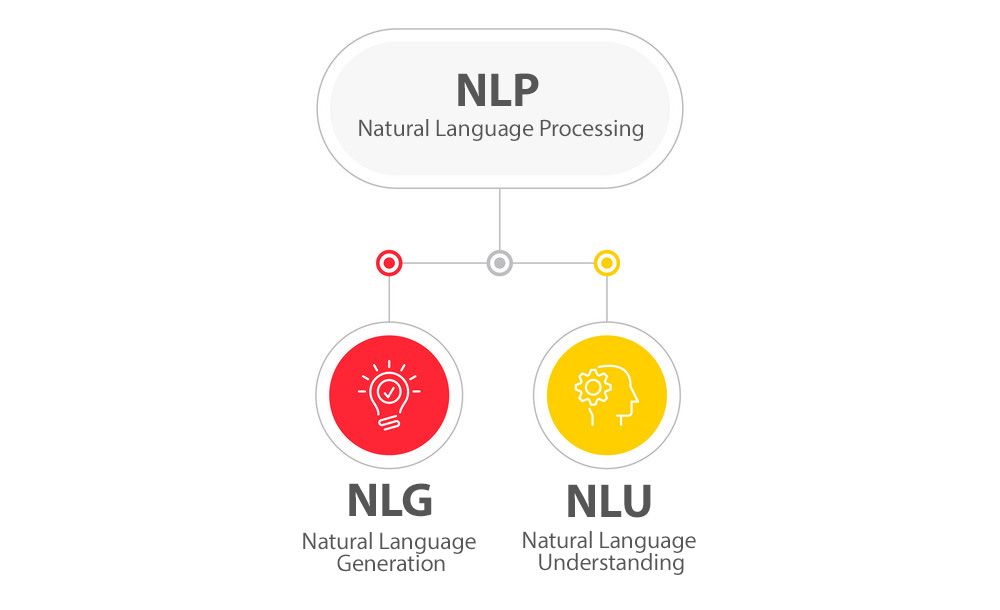Application of Natural Language Processing in Business
NLP applications play an important role in businesses as they help in converting unstructured data into structured data that is useful for the business in making reasonable decisions that are important to improving customer services and increasing company productivity.

Natural Language Processing (NLP) incorporates various forms of communication, such as virtual conversation, speech, messaging, and text. NLP was first invented in 1956, and it has been used to manipulate computer systems in a way that they can operate like human beings. Statistical modeling techniques like Hidden Markov Models have been incorporated in computer systems to assist in converting speech to text by applying mathematical calculations as a way of interpreting the spoken words.

There are two main branches of the NLP. One of the branches is the NLU (Natural Language Understanding), which involves the computer system allocating meaning to a language immediately after receiving it. The other branch is known as NLG (Natural Language Generation), which involves the processing and conversation of the information from the computer language to the understandable human language.
There are various applications of NLP in the business sector. Chatbots are effective for both the business and the customers as they assist in providing solutions to queries. Businesses prefer using chatbots to handle complex conversations with their customers. The incorporation of AI in chatbots helps in promoting customer satisfaction and experience. Additionally, incorporating NLP in chatbots helps deliver customer care services by answering frequently asked questions and handling other simple requests. One of the key benefits of using chatbots to provide customer care services is that their services are available at any time.

NLP is also used in providing machine translation services where the translation is carried out without human intervention. Applying NLP in machine translation functions helps in executing the translation process of contents such as emails, product reviews, and regulatory documents faster than when humans are involved. The other important application of NLP is in sentiment analysis. The application helps in assessing the level of customer satisfaction in goods and services and establishing polls for product brands and political candidates. Businesses utilize the assessment results and extract information about their customers, which helps them improve service delivery. NLP is also applicable in answering questions on behalf of businesses. A good example would be Allganize's Cognitive Search API which can extract the relevant answer directly from your documents to answer the question.
NPL is also incorporated in speech recognition tools to help companies develop voice-intelligent interfaces for their systems. NLP can also be applied in software and algorithm applications and help extract relevant information for the business from various platforms such as social media, emails, and other platforms of interactions. The applications extract the unstructured data and then convert it to structured data that is useful for the businesses in making decisions. Businesses can also use NLP software for advertising their products. NLP software can identify the range of customers who might be interested in the company products. As a result, companies can come up with reasonable budgets for advertising purposes. NLP applications help businesses in hiring and recruitment services by going through candidate applications and selecting the best candidate using the company's set criteria. Employers use particular keywords for the job description, which the NLP software uses to select the potential job applicants.
NLP applications play an important role in businesses as they help in converting unstructured data into structured data that is useful for the business in making reasonable decisions that are important to improving customer services and increasing company productivity.
Learn More About Allganize's Technology
